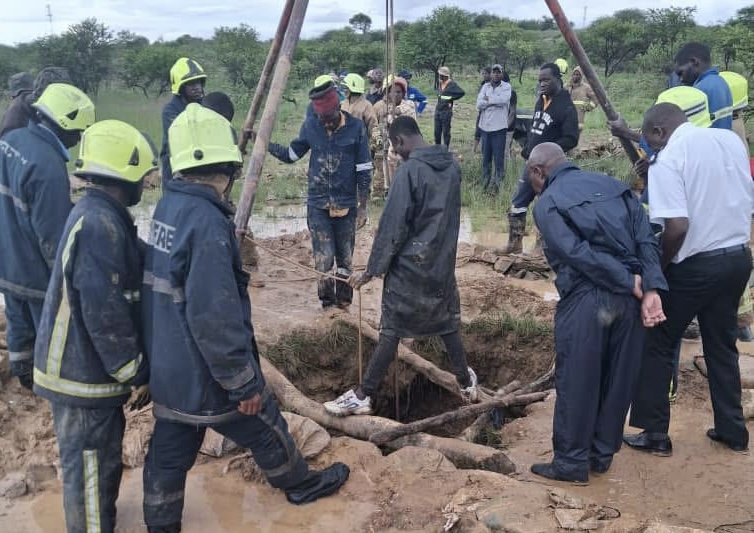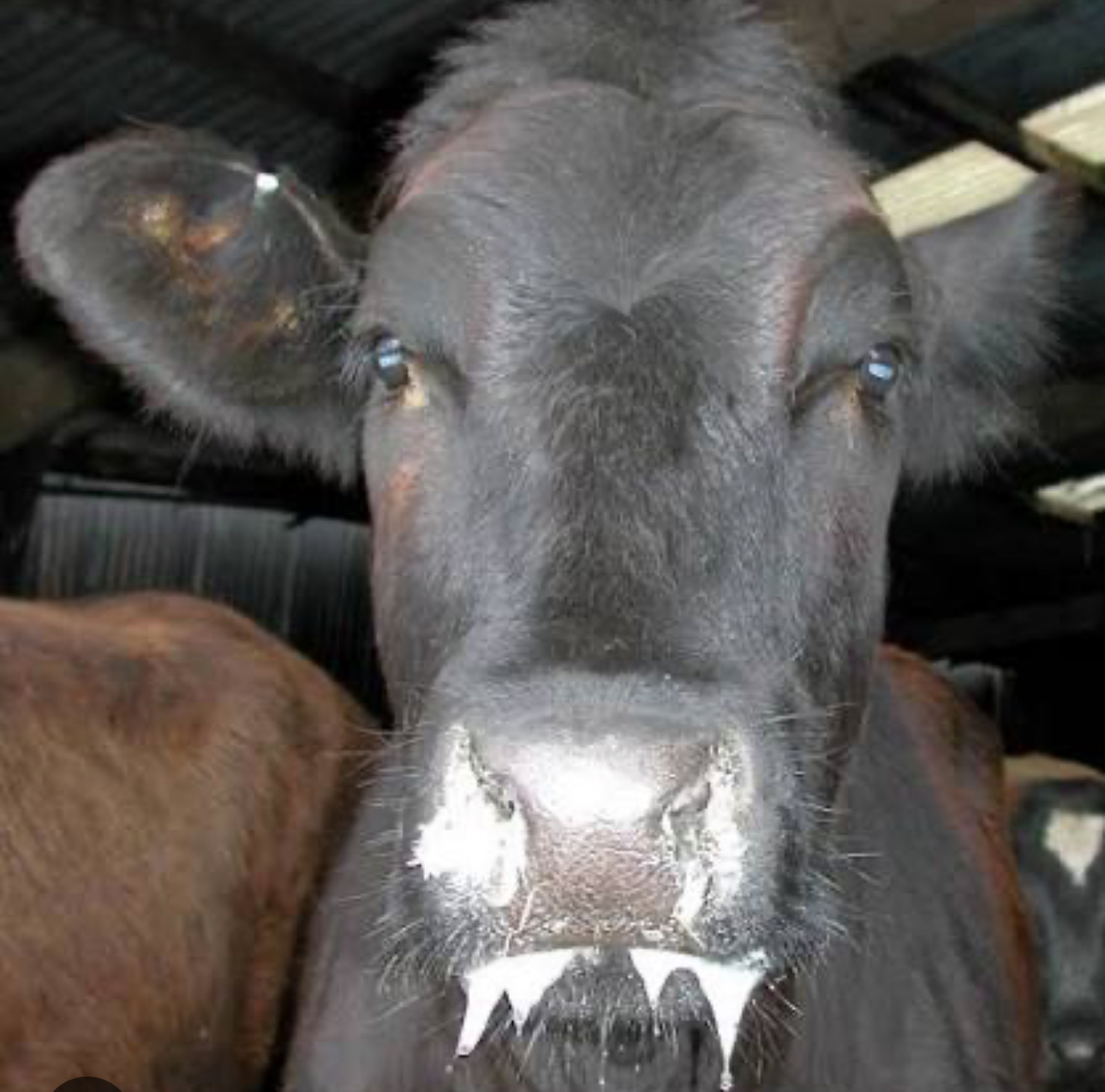BY BRENDA NCUBE
Driven by the passion to see every girl child getting equal education, Umhambi Children’s Fountain of Hope (UCFH) on Friday donated seven sewing machines and sanitary materials to Hwange communities, amid revelations that some desperate girls resort to using tree leaves and cow dung during their menstrual cycles.
The community funded charity organization,UCFH gathered 21 women from Chimbombo Village in the outskirts of Victoria Falls and took them through practical tutorials on operating a sewing machine and sewing of reusable sanitary pads.
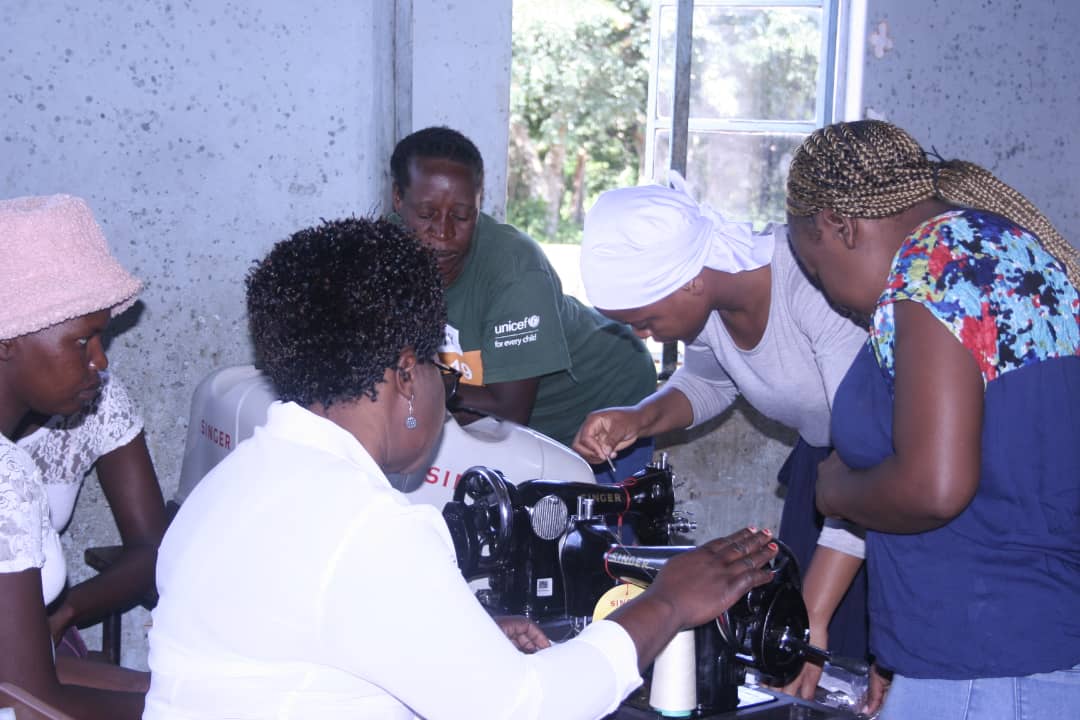
This comes after a realization that most girls in rural communities miss out on school during their monthly periods due to lack of proper sanitary wear.
On the sidelines of the training UCFH director, Misheck Ngulube revealed that the project sought to bridge the gap and provide a fair chance of education to girls in rural communities.
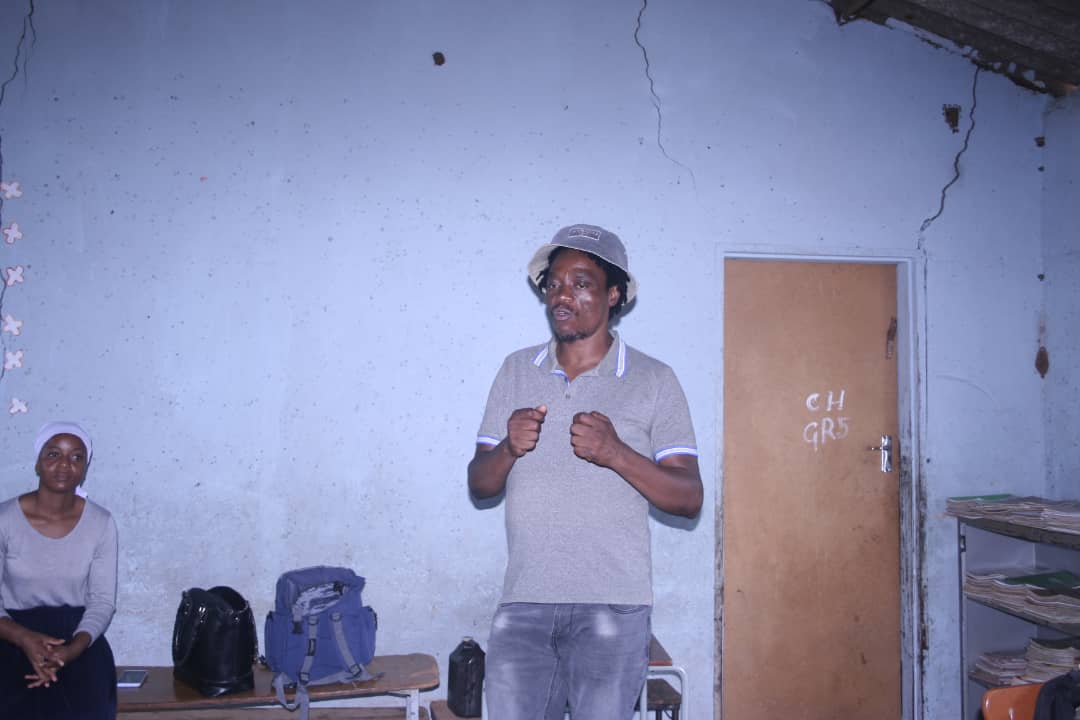
“Most of the women in rural areas cannot afford to buy sanitary pads which cost about US$3,” he said.
“This becomes worse for girl children because they are quite shy to ask for money to buy pads.
“Some of the girls are being taken care of by grandparents who also can’t afford to buy pads for them,so we believe this project will change their lives.”
Ngulube added that the opportunity meant that they will also be able to attend all school days every month.
“Most of these girls avoid going to school during their periods because they fear messing themselves up and the embarrassment that it comes with.”
Such trends of children failing to go to school due to lack of sanitary pads like those at Chimbombo, are playing out in most communities in Matebeleland North Province, which is largely rural, contributing to a low pass rate obtained every year in the region.
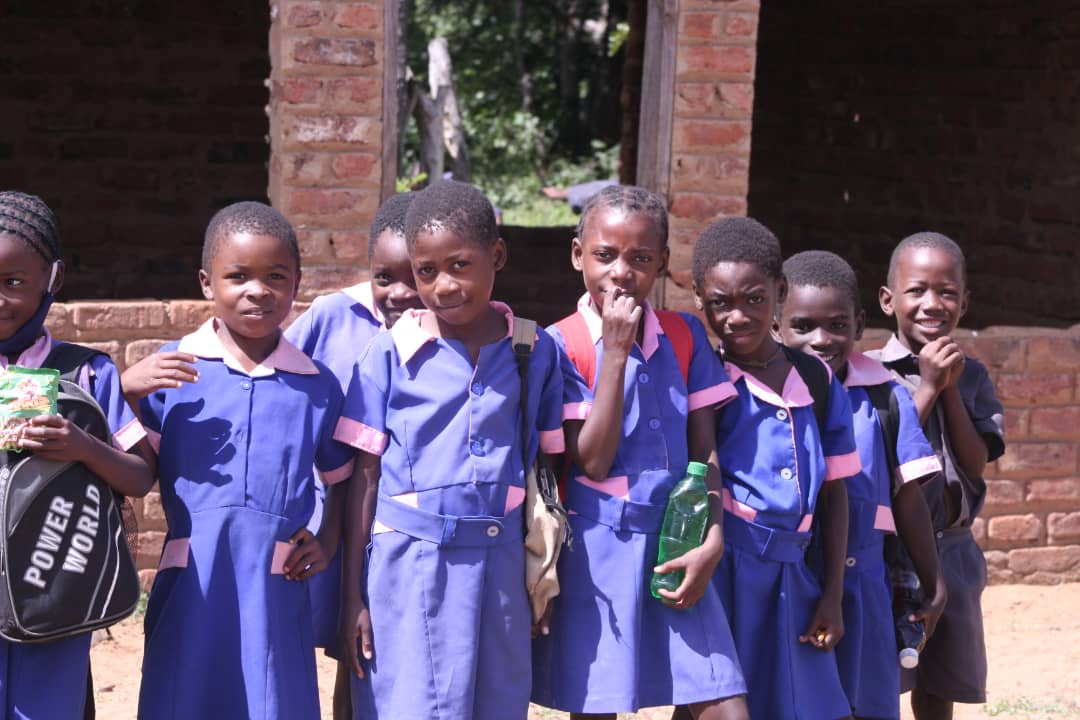
According to the Zimbabwe Vulnerability Assessment Committee report for 2022, it says that the province has at least 1.4 percent of household heads who have attained tertiary education and 0.3 percent who attained A’level.
From a population of 827 626, according to the latest census, only 53.3 percent of the population had attained primary education whilst 13% did not attain any form of education.
One of the participants in the training, Nozithelo Ncube, echoed similar sentiments with Ngulube that most girls in rural communities cannot afford sanitary pads and has resulted in them missing out on education.
“Most girls end up using old clothes, cow dung and leaves in extreme cases during their periods,” Ngulube revealed.
“With this project they will be able to attend school all day because they can’t go to school without pads.”
Another participant in the training, Sihleziphi Phiri, said that they are looking to expand their sewing project to making uniforms after realizing that some parents go as far as Bulawayo to buy uniforms for their children.
“We are looking at this as the genesis of women emancipation in Chimbombo village. From here, we will start sewing uniforms. No child should go to school without a uniform.
“Some parents would go as far as Victoria Falls and Bulawayo to buy uniforms, which is expensive. Now we will be able to supply schools around the Chimbombo community with school uniforms.
Our catchment area is Chimbombo Primary, Mizper Primary, Ndlovu Secondary School , Simakade Primary and Bethesda Primary”
She added that such projects will emancipate women in the community in the sense that they will not solely depend on men for their upkeep.
“This is an income generating project for us women. We won’t need to look up to our husbands to buy uniforms or to look for donations.”
“We were taught to catch a fish and we will pass this to our children. We will also teach our grade six and sevens as young as they are so that they grow up with skills that can be their back up in case they don’t find employment.”
The women welcomed the project saying that they will no longer have to move to urban areas to become domestic workers, instead they will continue sewing even clothes for resale from their communities.
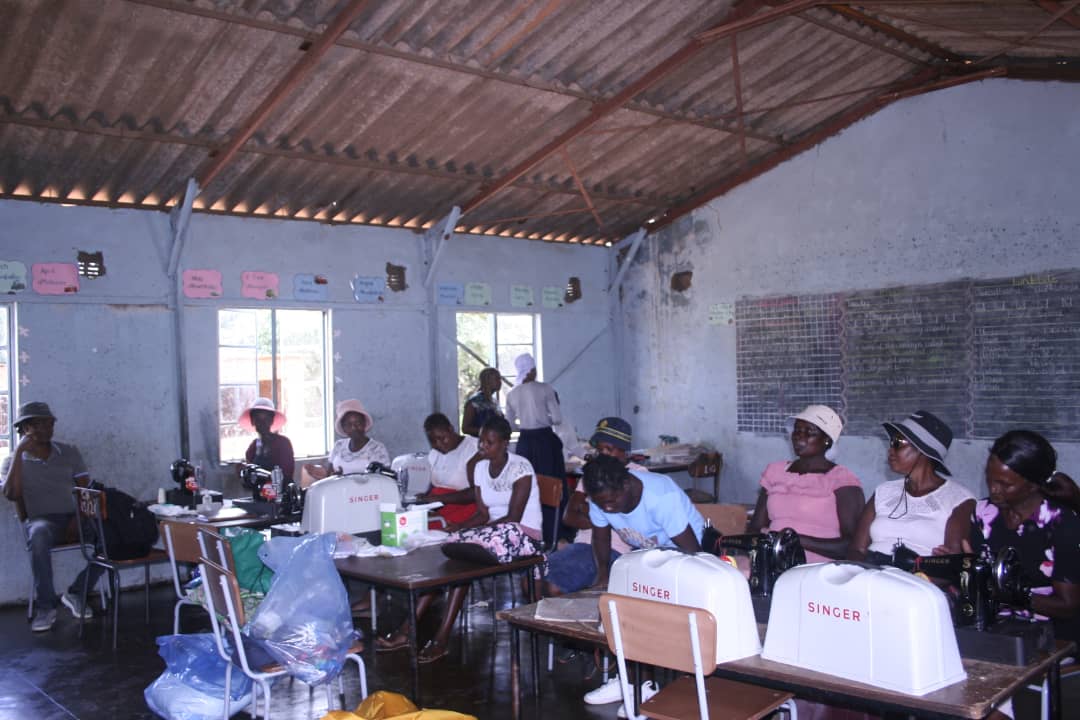

 Slider3 years ago
Slider3 years ago
 National4 years ago
National4 years ago
 Tourism and Environment4 years ago
Tourism and Environment4 years ago
 Opinion4 years ago
Opinion4 years ago
 Special reports4 years ago
Special reports4 years ago
 National4 years ago
National4 years ago
 National3 years ago
National3 years ago
 National3 years ago
National3 years ago




